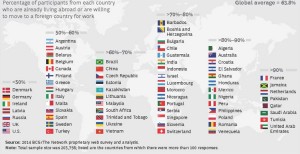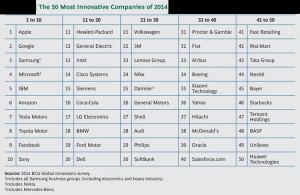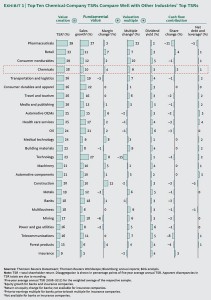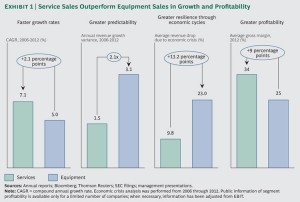
Decoding Global Talent 200,000 Survey Responses on Global Mobility and Employment Preferences by Rainer Strack, Carsten von der Linden, Mike Booker, and Andrea Strohmayr; October 06, 2014
If you live in a major city like New York, Singapore, São Paulo, or Berlin, it’s likely that many of the people you run into in the course of a regular business day are foreign born. It might be the barista who sells you coffee on your way to work. Or the businesswoman next to you on the commuter train. It might be the head of your department or the CEO of your company. You might be the person from another country.
People become expatriates for a variety of reasons—to escape political strife, improve their economic circumstances, and sometimes, to have a chance for a life-changing experience. With workforce gaps of one type or another starting to dot the world map, would-be expatriates may be in a better position to find work that suits them, especially as information about jobs globally becomes exponentially more available.
Together, The Boston Consulting Group and The Network conducted research on today’s global workforce—everything from what people in different parts of the world expect of their jobs to what would prompt them to move to another country for work to the countries they would consider moving to. More than 200,000 people from 189 countries participated in the survey, creating a multidimensional picture that employers may find useful both for recruiting internationally and for redesigning their overall people strategies. (See Exhibits 1 and 2 and “A Unique Data Cube: Decoding 200,000 Talent Profiles.”) BCG and The Network also held follow-up interviews with more than 50 study participants, who represent a broad mix of nationalities, ages, personal living situations, employment status, and education.
Further Information: Rainer Strack, Senior Partner & Managing Director, Düsseldorf; Carsten von der Linden,Principal, Munich; Nick South, Partner & Managing Director, London; Mike Booker, Managing Director, The Network, London, Mark Little, Totaljobs; The Boston Consulting Group, Inc.




